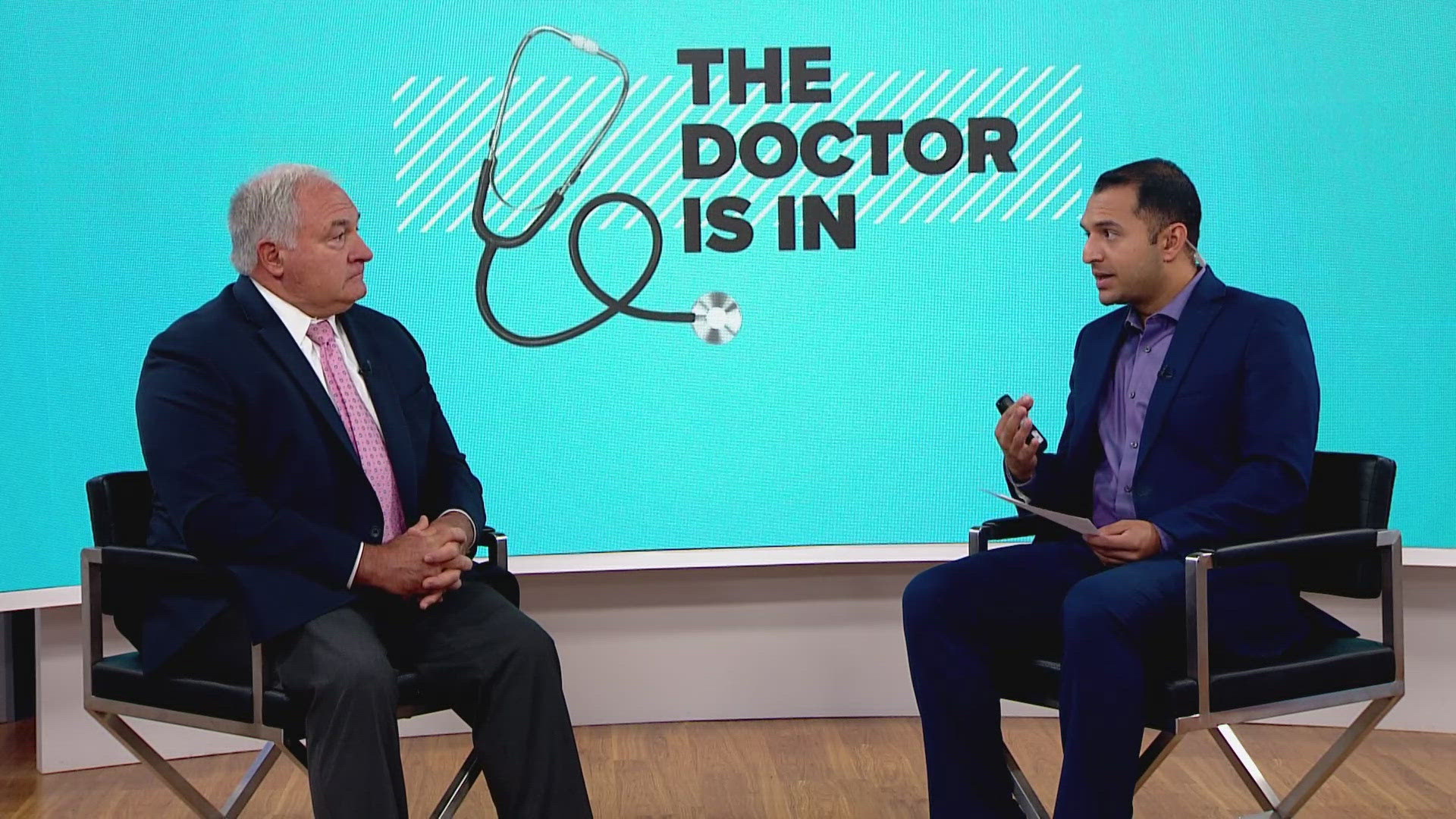He made a global impact with his movies, including "Black Panther." Now, following his death, actor Chadwick Boseman is impacting the lives of others by raising awareness about colon cancer.
Experts say colon cancer is a leading cause of cancer-related deaths in the United States and one that is increasingly affecting young people.
Dr. Abisola Olulade of Sharp Rees-Stealy said doctors don't know why it's affecting more young people, but adds there are a number of possibilities.
"Younger people may not go to the doctor as often just in general," she said.
Sometimes their symptoms are similar to other diseases. There's also the possibility of embarrassment
"Early detection saves lives, as it does with a lot of other types of cancers," said Dr. Olulade. "Don't feel bashful or any sort of embarrassment coming in. We've seen it all."
Symptoms include: bloody stool, or bleeding from the rectum, constipation or diarrhea, a change in bowel habits, abdominal pain or cramps, and unexplained weight loss.
"Things like inflammatory bowel disease, like Crohn's disease and colitis, genetic conditions, can predispose someone to having colon cancer," said Dr. Olulade.
"Some lifestyle factors such as obesity, smoking, alcohol use, certain types of diets high in red meat, high in processed meat, those are all things to recognize as possible risk factors for [colon cancer]," she added.
The American Cancer Society reports the lifetime risk of developing colorectal cancer is about 1 in 23 for men and 1 in 25 for women.
It also states from 2012 to 2016, rates of colorectal cancer were higher among the Black population. Rates were about 20% higher than the Caucasian population and 50% higher than the Asian American population.
"A lot of my patients tell me they don't have symptoms or a family history, so they don't think it's necessary to get screened and that's simply not true," said Dr. Olulade.
The American Cancer Society recommends getting screened at the age of 45. If you have a family history of colon cancer you should start getting tested at age 40, or at 10 years younger than the age at which their family member was diagnosed.
"With COVID-19 a lot of people have neglected their screenings because they're afraid to come into the doctor," she said. "Not just colon cancer screenings, but screenings for cancer are so important."



